
Overview
New Direction Residential Treatment Program is a substance abuse treatment center for people seeking treatment near Miami-Dade County. As part of their treatment modalities for recovery, New Direction Residential Treatment Program provides cognitive behavioral therapy, telemedicine/telehealth therapy, and substance use disorder counseling during treatment. New Direction Residential Treatment Program is located in Miami, Florida, accepting federal, or any government funding for substance use treatment programs for treatment.
New Direction Residential Treatment Program at a Glance
Payment Options
- Federal, or any government funding for substance use treatment programs
- Payment assistance (check with facility for details)
- Cash or self-payment
Assessments
- Screening for tobacco use
- Comprehensive mental health assessment
- Comprehensive substance use assessment
- Interim services for clients
- Outreach to persons in the community
Age Groups
- Young adults
- Adults
Ancillary Services
- Case management service
- Integrated primary care services
- Suicide prevention services
- Early intervention for HIV
- Social skills development
Highlights About New Direction Residential Treatment Program
7.36/10
With an overall rating of 7.36/10, this facility has following balanced range of services. Alcohol Rehabilitation: 8.00/10, Drug Rehab and Detox: 7.85/10, Insurance and Payments: 6.00/10, Treatment Options: 7.58/10.-
Alcohol Rehabilitation 8.00
-
Drug Rehab and Detox 7.85
-
Treatment Options 7.58
-
Insurance and Payments 6.00
Accreditations
Council on Accreditation (COA):
The Council on Accreditation (COA) is a non-profit that provides accreditation to human services organizations to ensure they meet high standards in service delivery. The accreditation process involves evaluating the organization's policies, practices, and services to meet specific standards.
Treatment At New Direction Residential Treatment Program
Treatment Conditions
- Alcoholism
- Substance use treatment
Care Levels
- Hospital inpatient treatment
- Outpatient
- Short-term residential
- Long-term residential
- Outpatient methadone/buprenorphine or naltrexone treatment
Treatment Modalities
- Cognitive behavioral therapy
- Telemedicine/telehealth therapy
- Substance use disorder counseling
- Trauma-related counseling
- Smoking/vaping/tobacco cessation counseling
Ancillary Services
Languages
- Sign language services for the deaf and hard of hearing
Additional Services
- Pharmacotherapies administered during treatment
- Mentoring/peer support
- Breathalyzer or blood alcohol testing
Special Programs
- Clients who have experienced trauma
Get Help Now
Common Questions About New Direction Residential Treatment Program
Contact Information
Other Facilities in Miami

7.58
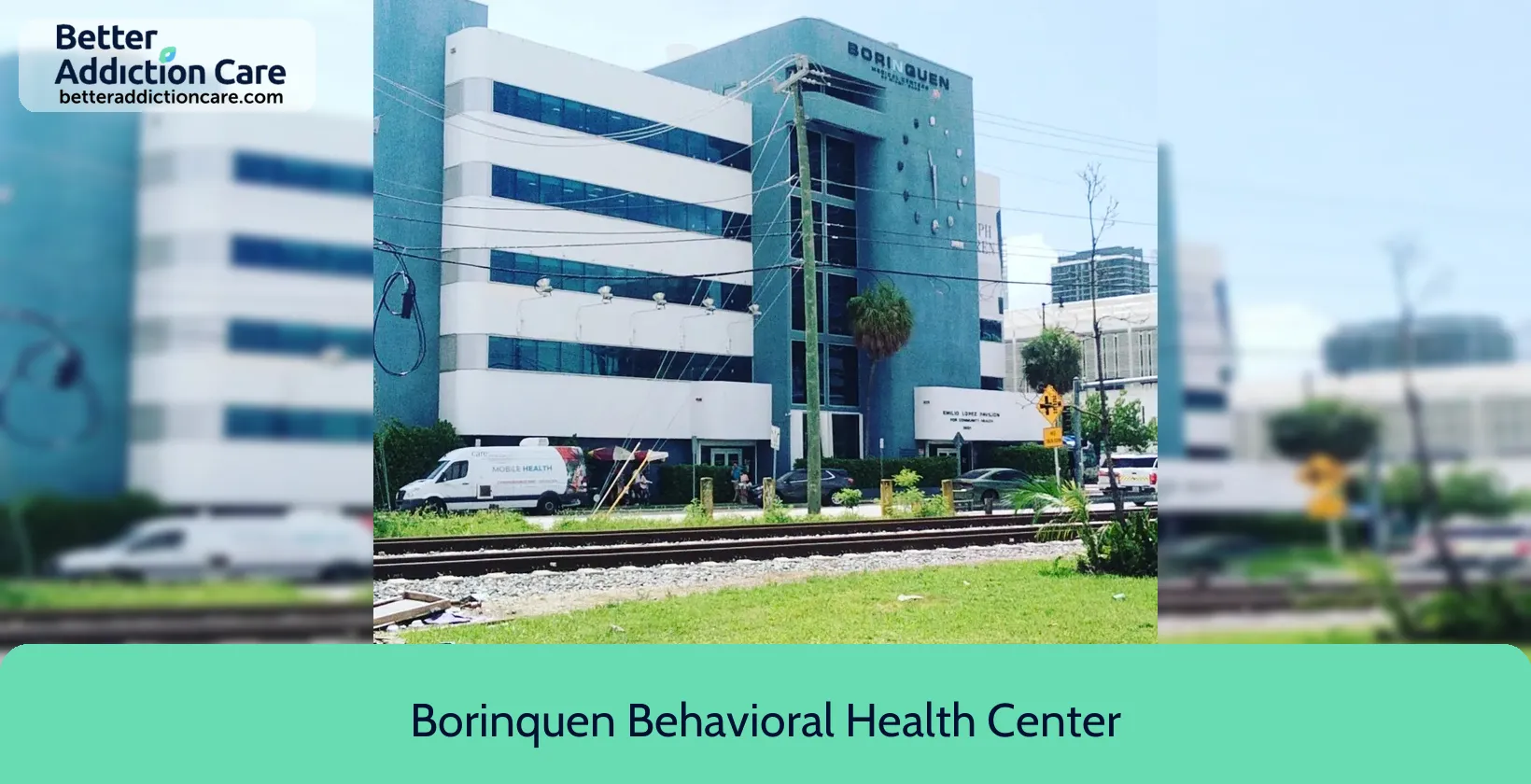
7.49
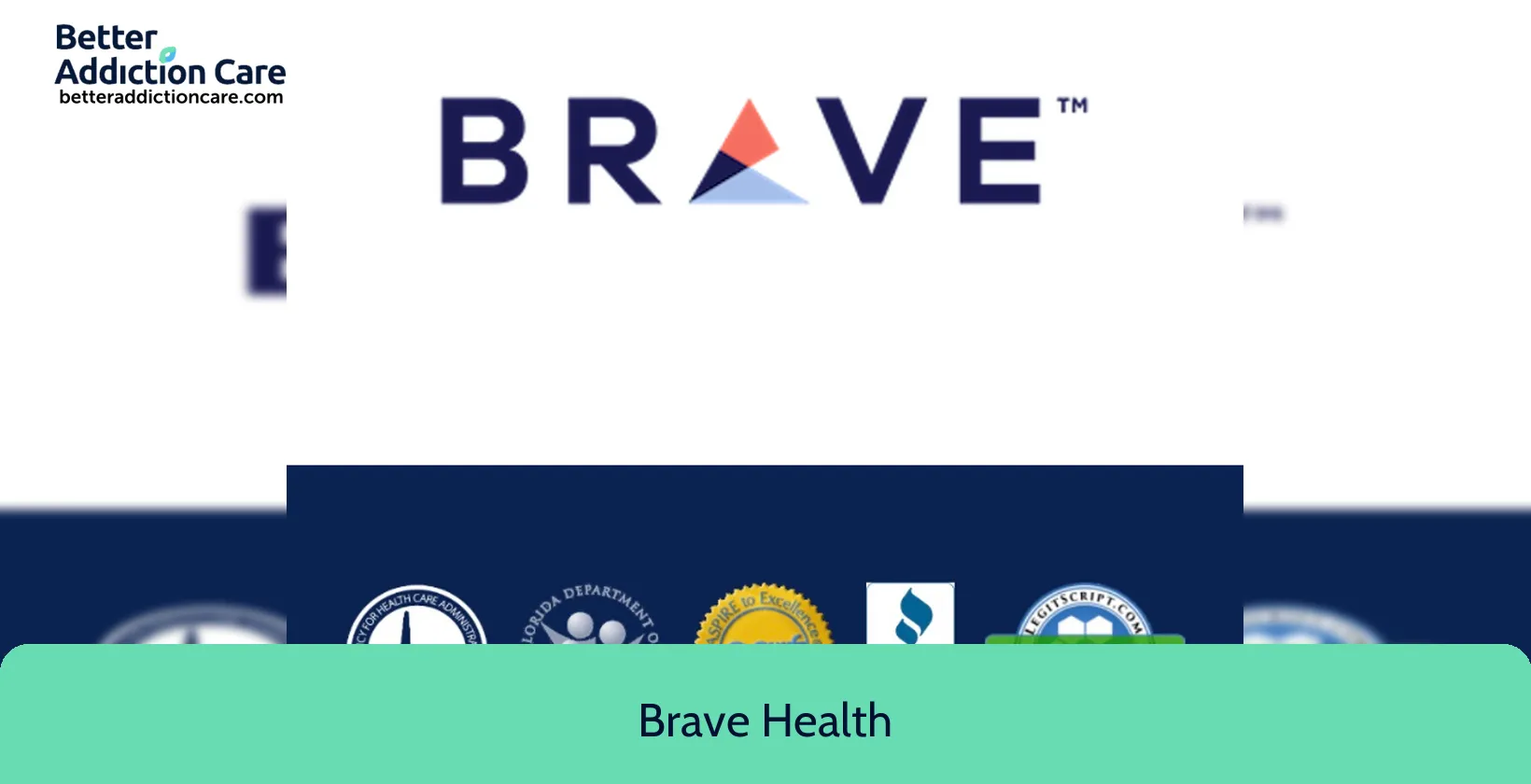
6.68
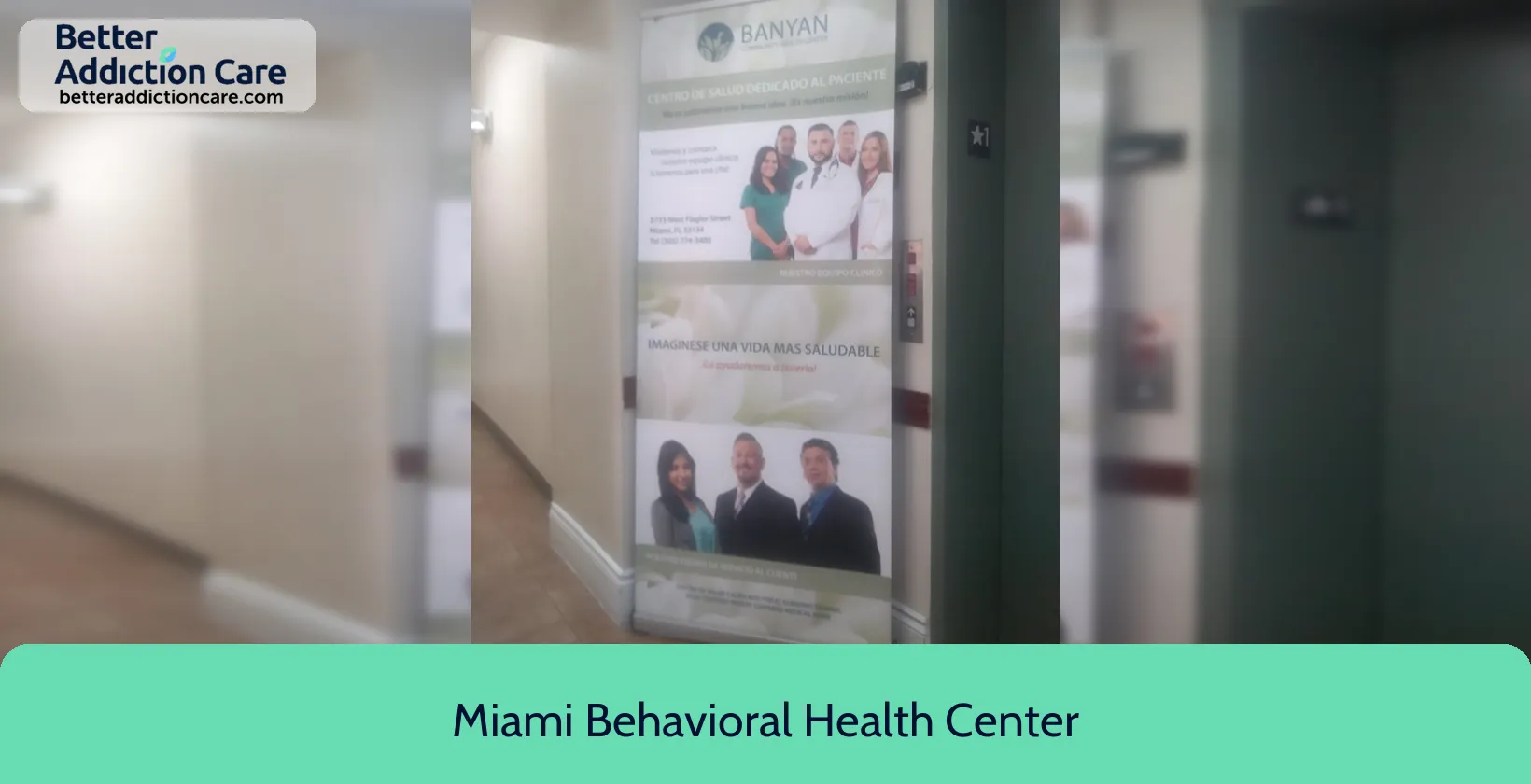
7.25
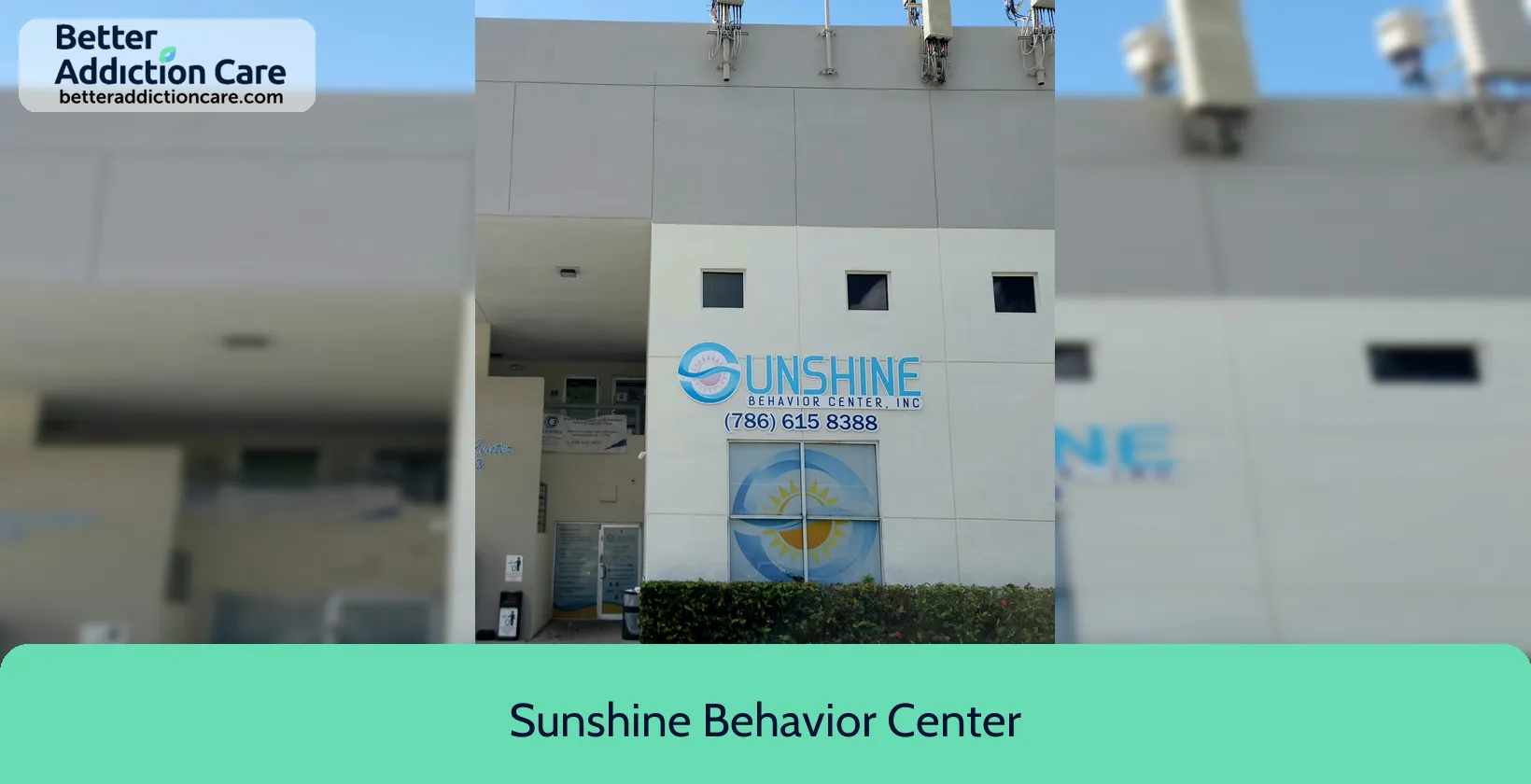
6.74
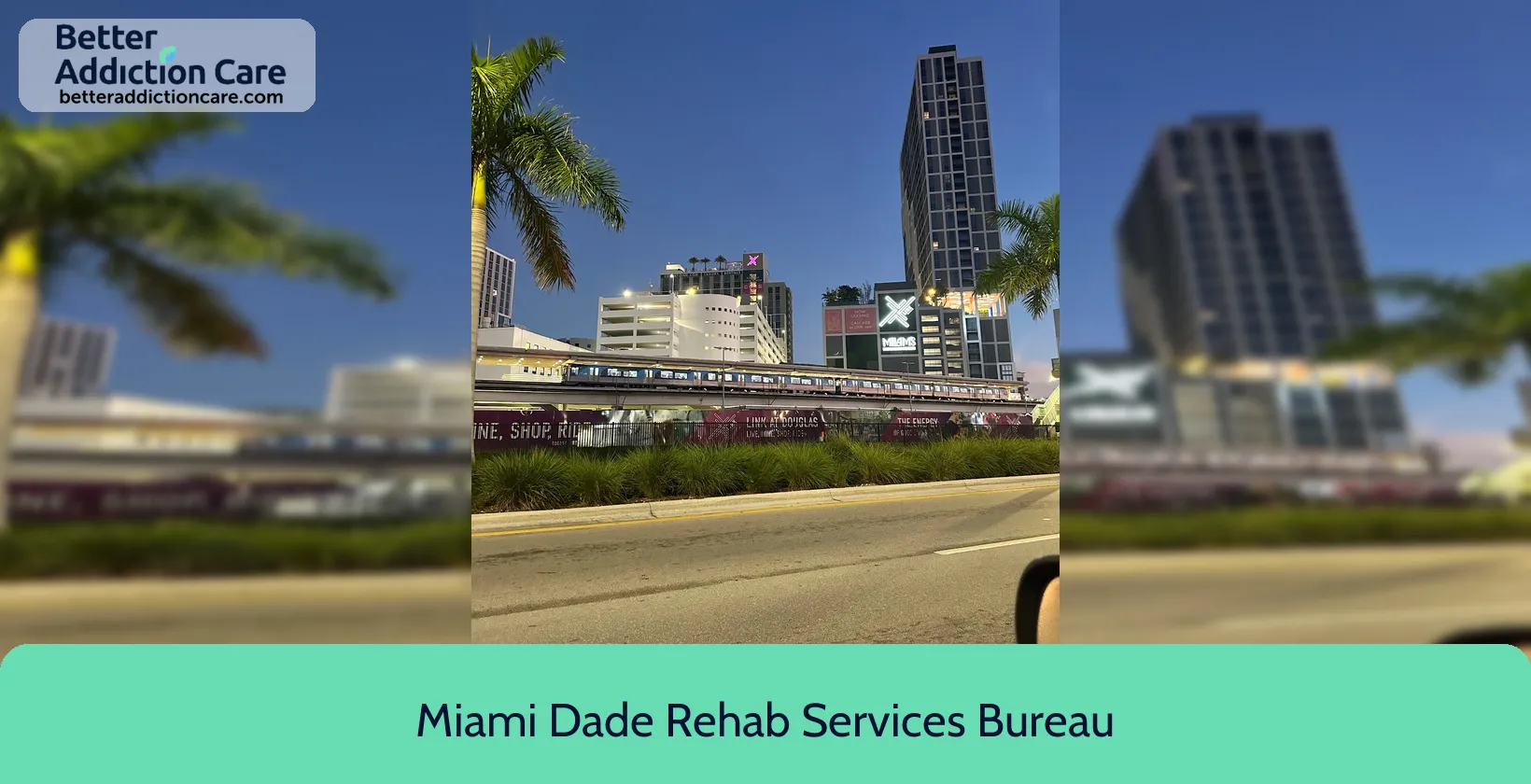
6.89

7.23
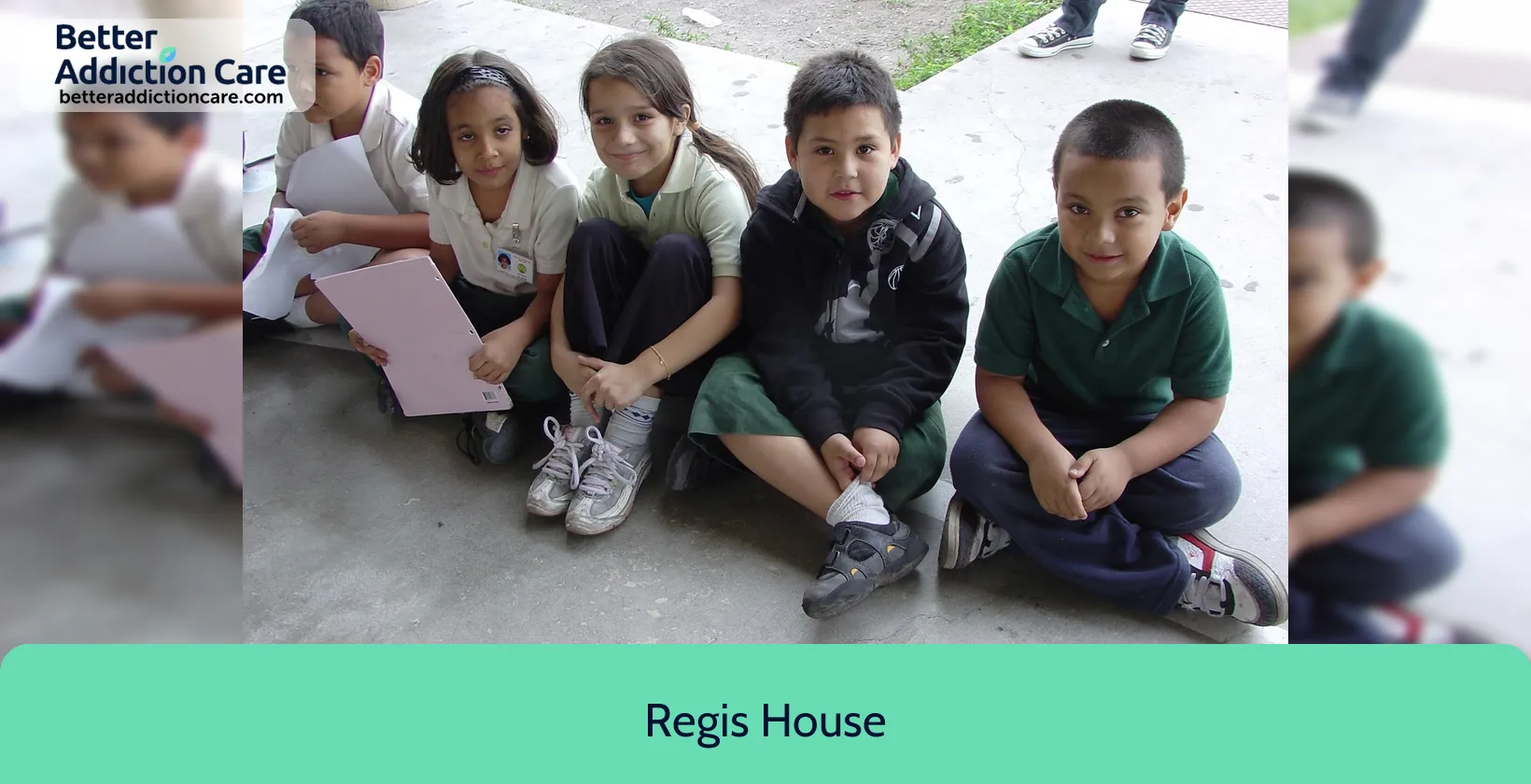
6.93
DISCLAIMER: The facility name, logo and brand are the property and registered trademarks of Regis House, and are being used for identification and informational purposes only. Use of these names, logos and brands shall not imply endorsement. BetterAddictionCare.com is not affiliated with or sponsored by Regis House.
